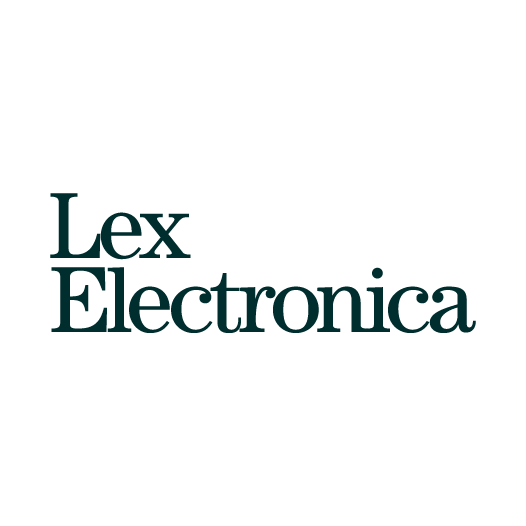Music, Padlocks and the Commons
1 L.L.M., Maîtrise en droit, axe technologies de l’information, Université de Montréal.
Résumé
Depuis l’avènement des formats de compression numérique et des services d’échange point à point (Peer-to-Peer) comme Napster, l’industrie du disque est en émoi. Plus fondamentalement, il y a lieu de se questionner sur ce qui apparaît comme une crise d’efficacité du droit d’auteur. Si les copistes semblent avoir pris de court de puissants intérêts, les contre-mesures ne sauraient tarder à venir. L’apparition de protections techniques Trusted Systems présage une ère de contrôle total par les titulaires de droits. L’«hyper efficacité» bouleversera le rapport à l’œuvre, entraînant du même souffle un déséquilibre dans les dimensions privée et publique du droit d’auteur.
English
Since the advent of the digital compression formats and Peer-to-Peer transaction services like Napster, the recording industry is in a state of disarray. Fundamentally, there is reason to reflect on what appears to be a copyright efficacy crisis. While the copyists seemed to have gained an upper hand against some powerful interests, countermeasures are in the wake. The foreseeable implementation of secured formats, so-called Trusted Systems, portends an era of total control by the titleholders. ‘Super efficacy’ will radically change in relation to the work, compromising the balance struck between the private and public dimensions of copyright law.
